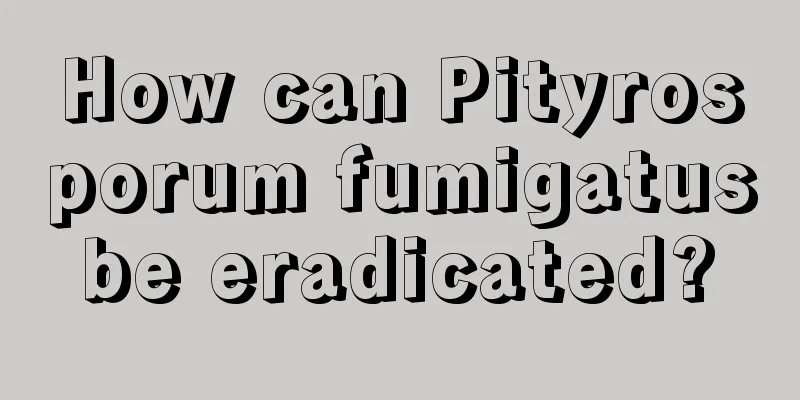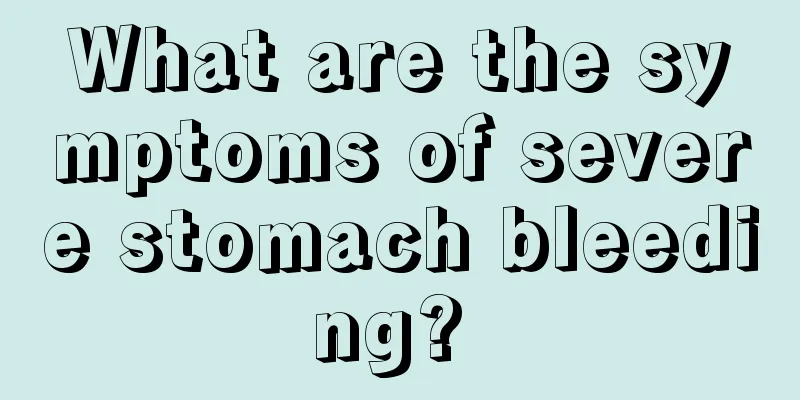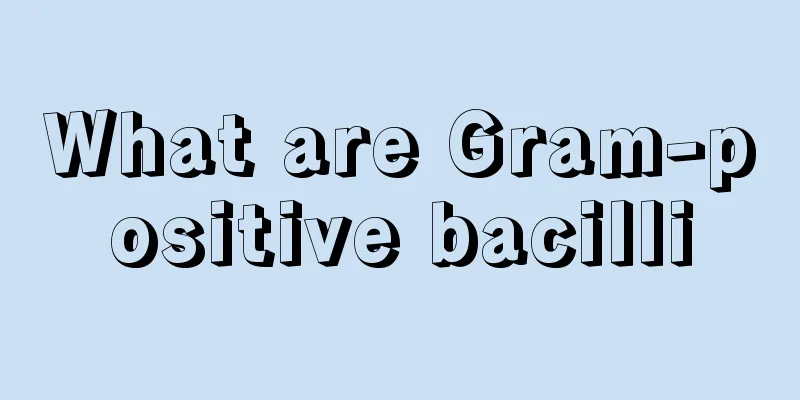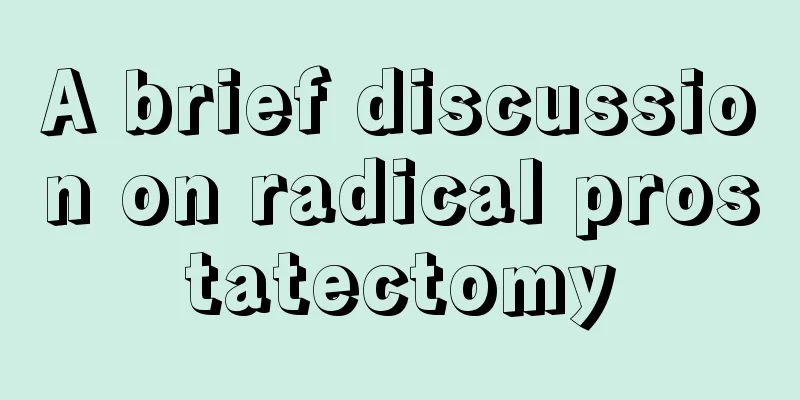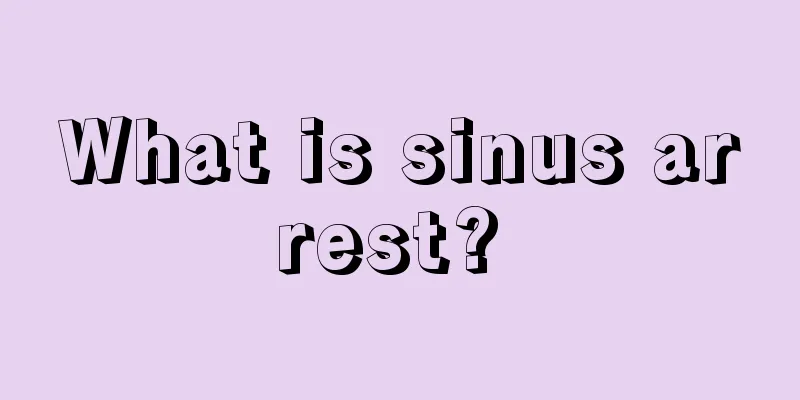What are the treatments for subacute hypothyroidism?
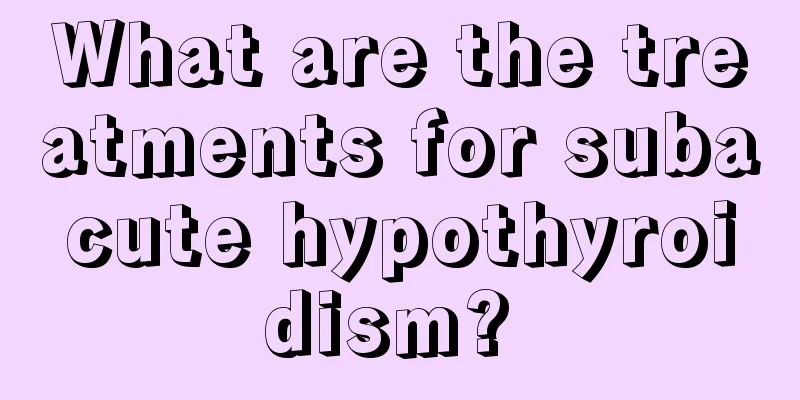
|
Subacute hypothyroidism may be unfamiliar to many people in life. It is a relatively common endocrine metabolic disease, which is more common in female friends. The incidence rate in women over 60 years old is 16%. Subacute hypothyroidism will not have particularly obvious symptoms in life, but if the disease is serious, it will affect many systems of the body. So how should subacute hypothyroidism be treated? treat There is still great disagreement on whether subclinical hypothyroidism requires thyroid hormone replacement therapy. Since this disease can easily transform into clinical hypothyroidism and has an adverse effect on the patient's health status, thyroid hormone can improve the patient's lipid metabolism, cardiac function and neuropsychiatric symptoms. Therefore, it is currently believed that early active treatment measures are worth recommending, especially for patients with subclinical hypothyroidism caused by HT, positive thyroid-specific antibodies, and TSH greater than 12mU/L. However, hormone replacement therapy should be used with caution in patients with severe heart disease. If the patient has not received thyroid hormone treatment, close follow-up and regular review of thyroid hormone profile and serum TSH are recommended. The goal of thyroid hormone replacement therapy is to effectively restore tissue thyroxine (T4) storage pools. The principle of medication is to obtain the best therapeutic effect with the smallest dose. The generally recommended dose is 1 to 1.7 μg/kg of levothyroxine per day, or 40 to 160 mg/day of thyroid tablets. The starting dose should be determined based on the patient's age, presence of comorbidities, and severity of the disease. Young patients without obvious clinical manifestations and comorbidities can use the full replacement dose initially. However, for the sake of caution, it is often recommended to start with a small dose, especially for the elderly and patients with cardiovascular diseases. On the basis of 25 μg of L-T4 per day, increase by 25 to 50 μg every 4 to 8 weeks. For patients with Graves' disease who have been treated with radioactive iodine, thyroid hormone should be used in smaller doses because of the presence of thyroid-stimulating antibodies in the patient's body and exogenous thyroid hormone may induce recurrence of hyperthyroidism. The efficacy of thyroid hormone treatment for subclinical hypothyroidism mainly depends on serum TSH. Generally, TSH and FT4 are reviewed 4 to 8 weeks after treatment, and it is recommended that the patient's TSH concentration reach normal levels within 3 to 4 months. Although thyroid hormone replacement therapy has many advantages, excessive hormone can cause subclinical hyperthyroidism, at which time patients may experience changes in cardiac function and abnormal bone density, especially in elderly patients and postmenopausal women. Therefore, the indications for replacement therapy should be strictly controlled clinically, and care should be taken to prevent excessive use of thyroid hormones. |
<<: What is the effective way to treat green stool?
>>: What are the symptoms of thrombotic thrombocytopenic purpura?
Recommend
Recurrence of lymphoma, nasal lymphoma
Lymphoma is a malignant tumor that originates in ...
What are the early symptoms of pituitary tumors
When female friends experience amenorrhea and mal...
How is glioma formed?
How does glioma form? In fact, many people do not...
3 common treatments for prostate cancer
After lung cancer, prostate cancer is the most co...
What foods can prevent lymphoma
Most lymphoma patients have poor immunity, weak c...
Why is urine yellow for a long time?
If urine turns yellow for a long time, it will be...
Is magnet harmful to human body
Magnet is also called magnet in science, and magn...
What are the benefits of electric moxibustion instrument
Moxibustion is a traditional Chinese medicine the...
What are the effects of rose grapes
Rose grapes are actually a kind of grape, and we ...
Golden rules of diet and nutrition for tongue cancer
Tongue cancer is very painful and can cause great...
What to do if anal prolapse occurs? You need to know these methods
Anal prolapse is not a simple rectal prolapse. Th...
How to cook porridge in a rice cooker
Nowadays, many young people are not very good at ...
What to do if you don’t ovulate during menstruation? These methods can promote ovulation
We all know that pregnancy is the combination of ...
What are the principles of TCM treatment of esophageal cancer?
In recent years, esophageal cancer has become one...
Several common treatments for colorectal cancer
Colorectal cancer is a common type of intestinal ...
